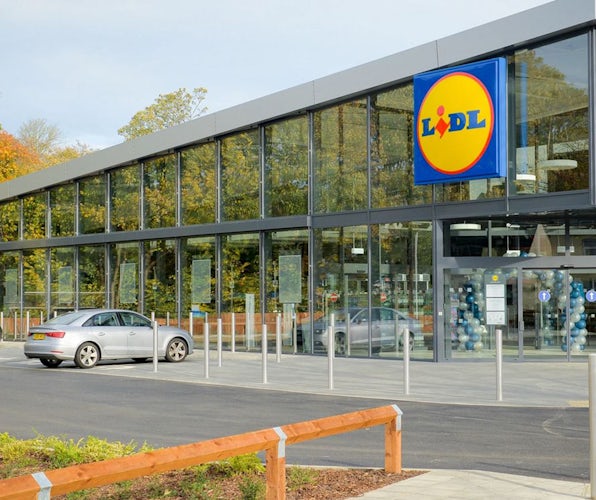‘Marketers must beware of over-relying on ROI’
Former Heineken and Sainsbury’s marketer Sarah Warby warns marketers against trying too hard to relate everything back to ROI or risk looking “like an idiot” in front of finance.

Marketers must be careful of becoming over-reliant on ROI as a means to show their worth to the rest of the business, according to former Heineken and Sainsbury’s marketer Sarah Warby.
Speaking this morning (18 March) on a panel about the evolution of the CMO role at AdWeek Europe, Warby warned that being a successful marketing function isn’t just about ROI but about wider contributions to the business.
“You’ve got to be very careful about this notion of ROI,” she explained. “If you construct an ROI that is a bit crap because you are talking to the finance director, you’ll fall over. Some bits of marketing genuinely can come down to marketing ROI but the other stuff, don’t try. Join the dots between what this activity is doing and how it contributes to the business.
“You often can’t pull the thread all the way through to an ROI and you shouldn’t try because that’s the point at which you look like an idiot when you are talking to anyone who is a chartered accountant. Hitting numbers doesn’t just mean ROI, it’s your contribution to the objectives you agreed with finance. As long as you have that credibility you can do anything.”
Warby, who was the marketing boss at Sainsbury’s for five years between 2012 and 2017 but is now chief growth officer at startup HyperJar, said she had “phenomenal freedom” at Sainsbury’s because her team hit their numbers every week, which gave her freedom to experiment. It also meant, she added, that if something didn’t work as well people didn’t notice.
“That’s just how it is. If you are hitting your numbers, people don’t investigate because they’re busy doing their bit,” she added.
You often can’t pull the thread all the way through to an ROI and you shouldn’t try because that’s the point at which you look like an idiot when you are talking to anyone who is a chartered accountant.
Sarah Warby, HyperJar
Claire Hilton, managing director of brand and insight at Barclays, agreed, saying previously people in the business were very fixated on the short-term. But proving her team could drive quarterly income has meant she can now have conversations about long-term brand health as well.
And Paul Davies, consumer marketing director at Microsoft, said the conversation at the tech firm has moved on from being very attribution-based and backward-looking to much more forward-looking, questioning ‘what’s the next thing that’s coming?’.
“You’ve got to have the credibility of hitting the numbers every day so you can have the fancier conversations,” Warby injected. “We might see fancier conversations as critical to the long-term survival of the business but unless you’re hitting your numbers they aren’t going to be listening to you.”
Demanding flexibility from agencies
Also discussed on the panel was the role of agencies. While Hilton, Warby and Davies all agreed there’s a role for agencies in bringing in an external perspective and acting as a sounding board, change is needed.
“There needs to be the same transformation in the agency world [as the client world]. Agencies need to change the model to adapt to the times as much as clients do. They need to think how do they retain that magic yet build new models and ways of working that are sustainable,” said Davies.
Hilton said the best agencies are ones that don’t just focus on briefs but instead really get to understand a business. “The best agencies are not the ones that bounce from brief to brief but that are consistently challenging me and wanting to know about the business in between briefs. Agencies that want to go to Sunderland and spend the day in a call centre. It’s that immersing yourself in the business so it truly feels like a partnership as opposed to a transactional and brief [based relationship].”
While Warby agreed, she also cautioned that marketers “don’t need many of those people”, naming a tiny handful of people agency-side she would turn to for fresh thinking. And she also said she expects more businesses to bring certain aspects of creative in-house, although this will vary depending on the brand and its needs.
“There will always be a need for external work in areas that clients can’t or choose not to do for themselves. What they are and how they resource and how the brilliance of a massive network of agencies comes to bear is an enormous knotty conundrum. For the next five years it will be case by case and a lot of people are going to have to embrace trying and failing,” she said.







